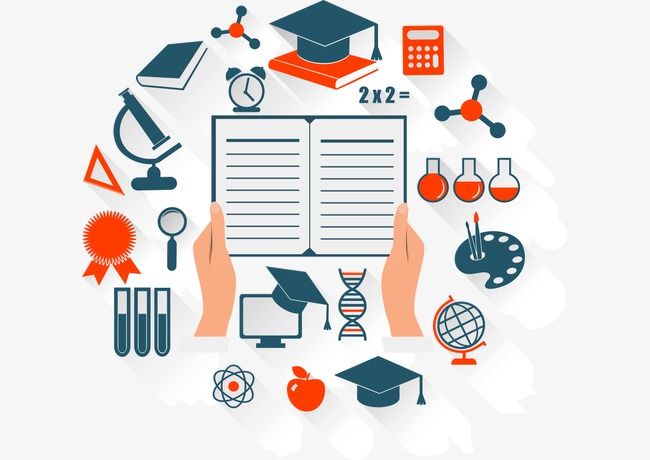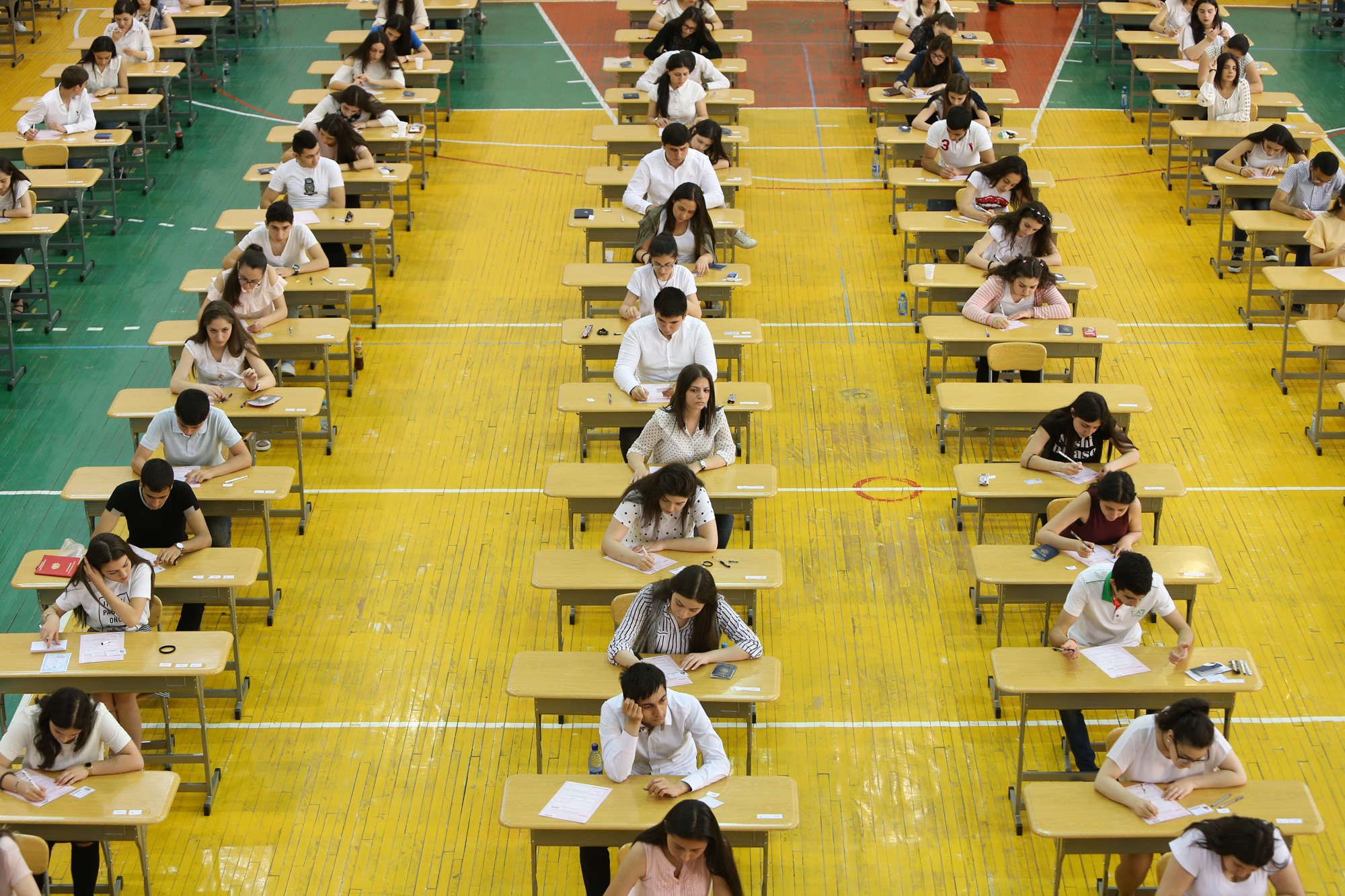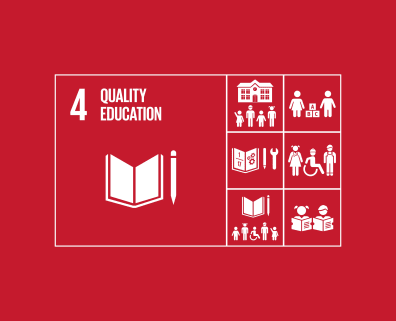The fact that everyone has the right to education has long been known to all of us, and it has been enshrined in both the Constitution of the Republic of Armenia and in the domestic law. Today, the state promotes the development of education and science, defines compulsory education programs, and provides the necessary preconditions for universal access to basic education for all. However, there are still a number of systemic problems that hinder the full realization of the right to education, which we address below.
 The first major problem that remains unresolved in the system is the availability of preschool educational establishments, which means that all children must have quality early childhood development, care, and preschool education so that they can be ready for primary education in the future.
The first major problem that remains unresolved in the system is the availability of preschool educational establishments, which means that all children must have quality early childhood development, care, and preschool education so that they can be ready for primary education in the future.
The next major issue is the issue of paying for community-based educational establishments. Often, due to the impossibility of paying tuition fees, in some cases it is not possible for parents to organize their child’s education in a pre-school educational institution, as a result of which the child suffers.
The third no less important issue is the issue of children left out of education. The reasons for children dropping out of school are different, such as insufficient social conditions, child disability, inappropriate response to the absence of children, employment of children, and in the case of certain groups of the population, even early marriage of children, but in this context we must note that the problem is more in the realm of the legislative field, because the notion of a “child left out of education” is not provided in a legal act, which in turn causes other problems, complicates the detection of out-of-school children and the collection of clear and unified statistics on them.
Next, it is necessary to highlight the problems in the realization of the right to education of children with disabilities. The implementation of the right to education of persons  with disabilities, the availability of the latter is guaranteed by both domestic and international documents. Moreover, the state has undertaken a number of commitments related to inclusive and quality education, and should pursue the elimination of these problems through thorough follow-up work.
with disabilities, the availability of the latter is guaranteed by both domestic and international documents. Moreover, the state has undertaken a number of commitments related to inclusive and quality education, and should pursue the elimination of these problems through thorough follow-up work.
Another problem is the lack of proper implementation of measures aimed at educating and raising awareness about human rights. In particular, it is necessary to introduce human rights education in educational institutions in accordance with international standards or courses that include these principles.
The last highlighted issue concerns the higher education and science. In this regard, the government plans apolitization of the universities, improving the quality of education and increasing funding for science, as well as measures to strengthen academic integrity.
It should be noted that the problems listed above have found their place in the RA “National Strategy for the Protection of Human Rights and its Implementation Action Plan for 2020-2022”, and their solutions are envisaged in the Strategy Implementation Action Plan.
Thus, the action plan for 2020-2022 envisages the following 6 measures in the field of labor rights:
- To introduce human rights issues in secondary schools in the context of new subject standards, to establish simplified legislative structures for the regulation of labor relations in accordance with international standards, based on the framework of the Council of Europe’s “Capacity for Democratic Culture”.
- Legislatively provide the mechanisms for detecting, registering and exercising the right of children left out of education.
- Adopt an inclusive education strategy and action plan for all levels of education.
- Legislatively define the principles of academic ethics in accordance with international standards
 It is envisaged that as a result of the above-mentioned actions, the number of cases of violation of the right to education of persons with special educational needs and school-age persons will decrease, at the same time the number of children left out of education will decrease.
It is envisaged that as a result of the above-mentioned actions, the number of cases of violation of the right to education of persons with special educational needs and school-age persons will decrease, at the same time the number of children left out of education will decrease.
Summing up, we can state that as a result of the changes envisaged by the National Strategy for the Protection of Human Rights and its Implementation Action Plan for 2020-2022, it is planned to improve the legislative framework, which in turn will contribute to the implementation of the UN Sustainable Development Goal No. 4, in particular: to “Ensure inclusive and equitable quality education and promote lifelong learning”.
This publication has been produced in the scope of the “Promoting Direct Democracy for Strengthening Human Rights in Armenia” project implemented in the framework of the “Eastern Partnership Civil Society Facility” project funded by the European Union
The contents of this publication are the sole responsibility of the fellow for the “Promoting Direct Democracy for Strengthening of Human Rights in Armenia” project and do not necessarily reflect the opinion of the European Union.















